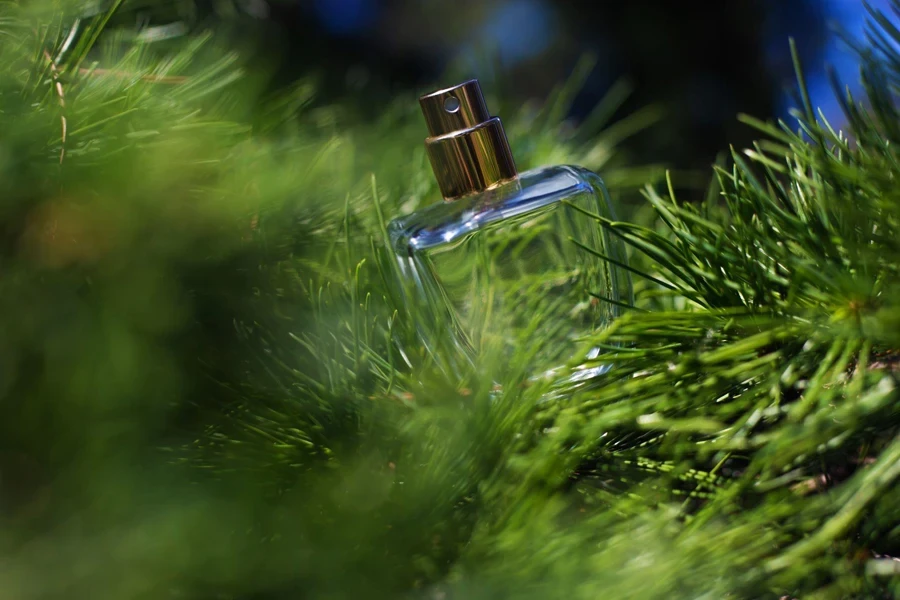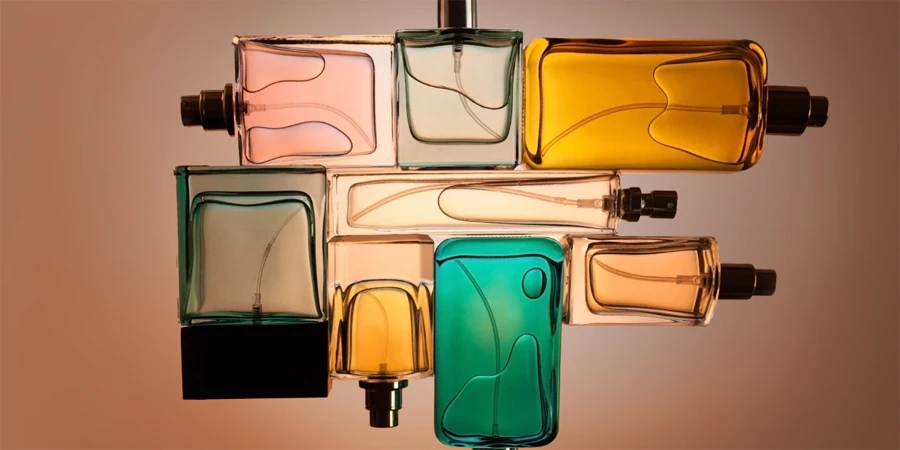The fragrance industry stands on the brink of a transformative era, powered by groundbreaking advancements in biotechnology, artificial intelligence (AI), and a deeper understanding of neuroscience. As we look toward 2027, these technologies are not just reshaping the creation and composition of fragrances but also how we experience and connect with scents on an emotional level. This article explores the key trends identified by Amanda Carr and the WGSN Beauty Team that are poised to redefine the industry, focusing on sustainable innovations, the emotional resonance of scents, and the evolving landscape of consumer preferences.
Table of Contents
Solution scenting: revolutionizing creation and sustainability
Memory powered: emotional connections and scent selection
New love: redefining romantic fragrances
Invisible sensory dimensions: extending the fragrance experience
Hanging on to naturals: sustainability and consumer preferences
Solution scenting: AI in the Fragrance Industry
The integration of generative and predictive AI in the fragrance industry marks a pivotal shift towards more efficient and sustainable scent creation. This trend focuses on utilizing AI to streamline the development process, allowing for the creation of scents that not only meet consumer demand for sustainability but also enhance the emotional intensity of fragrances.

Brands like Moschino and IFF are leading the way, leveraging AI to select ingredients based on their eco-friendliness and emotional impact, paving the way for a future where fragrance creation is both innovative and conscious of its environmental footprint.
Memory powered: emotional connections and scent selection
Emotions play a critical role in fragrance selection, with consumers increasingly drawn to scents that evoke strong personal memories and feelings. This trend explores the power of scent to transport individuals to different times and places, creating a deep emotional bond with the fragrance.

Innovations in this area include collaborations like Odeuropa and IFF’s Historical Scent Collection, which aims to recreate historical scents for modern consumers, and brands that draw on personal memories to inspire their fragrance lines, offering a more intimate and personalized scent experience.
New love: redefining romantic fragrances
As societal norms around gender and romance continue to evolve, the fragrance industry is seeing a shift away from traditional, gendered scents towards a more inclusive approach to romantic fragrances.

This trend emphasizes the importance of creating scents that reflect the diverse ways in which love is expressed and experienced today, focusing on authenticity and emotional connection rather than conforming to outdated stereotypes. Brands are experimenting with new scent profiles and narratives that cater to a broader audience, signaling a more open and inclusive future for romantic fragrances.
Invisible sensory dimensions: extending the fragrance experience
The future of fragrance lies in creating multi-dimensional experiences that go beyond the traditional sense of smell. This trend highlights the potential for fragrances to engage multiple senses, including sight, touch, and even sound, to enhance the emotional impact of a scent.

Innovations in this space include scents that are designed to be experienced in conjunction with specific colors or textures, as well as technology that allows fragrances to adapt to the wearer’s emotional state, offering a more immersive and personalized sensory experience.
Hanging on to naturals: sustainability and consumer preferences
Despite a growing awareness of the environmental impact of natural ingredients, consumer demand for “natural” scents remains strong. This trend explores the challenges and opportunities facing the industry as it seeks to balance consumer preferences with the need for sustainability.

Brands are responding by investing in biotechnology and sustainable sourcing practices, as well as educating consumers about the benefits of alternative ingredients, in an effort to transition towards more eco-friendly fragrance options without sacrificing the allure of natural scents.
Conclusion:
The fragrance industry is at a pivotal point, with innovations in AI, biotechnology, and neuroscience poised to transform how scents are created, experienced, and valued. These trends highlight a shift towards more sustainable practices, a deeper understanding of the emotional power of fragrance, and an embrace of inclusivity and diversity in scent creation. As we move towards 2027, the industry’s ability to adapt to these changes will not only redefine the landscape of fine fragrances but also deepen our connection to the world of scent.




